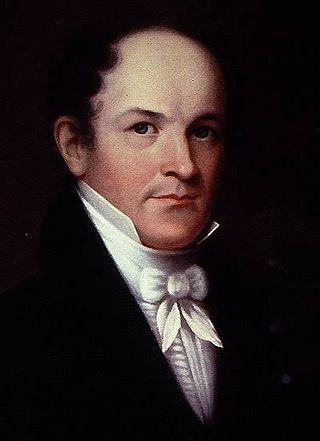
Thomas Nuttall was an English botanist and zoologist who lived and worked in America from 1808 until 1841.

Francis Dana was an American Founding Father, lawyer, jurist, and statesman from Massachusetts. He served as a delegate to the Continental Congress in 1777–1778 and 1784. A signer of the Articles of Confederation, he was secretary to the diplomatic mission that negotiated the end of the American Revolution, and was appointed Minister to Russia. He later served as a member of the Supreme Judicial Court of Massachusetts and served as the chief justice for 15 years.

George Dana Boardman was an American missionary.
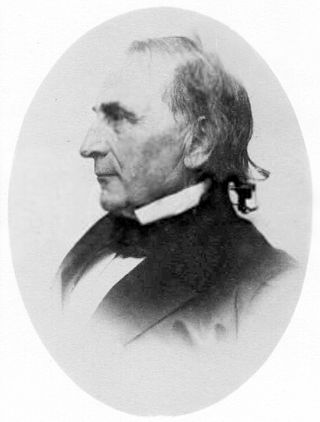
James Walker was a Unitarian minister, professor, and President of Harvard College from February 10, 1853, to January 26, 1860.
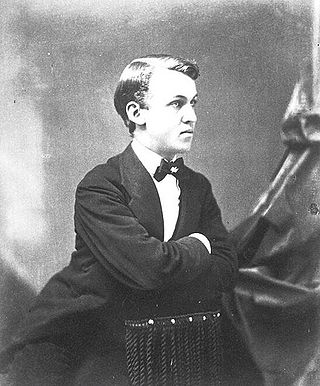
Edward Salisbury Dana was an American mineralogist and physicist. He made important contributions to the study of minerals, especially in the field of crystallography.
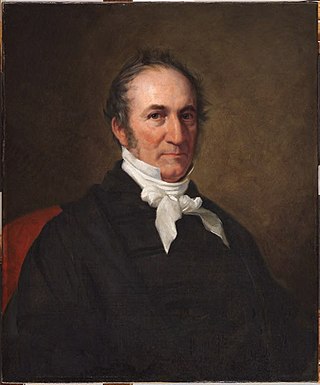
Edward Tyrrel Channing was an American rhetorician. He was a professor at Harvard College, brother to William Ellery Channing and Walter Channing, and cousin of Richard Henry Dana Sr.
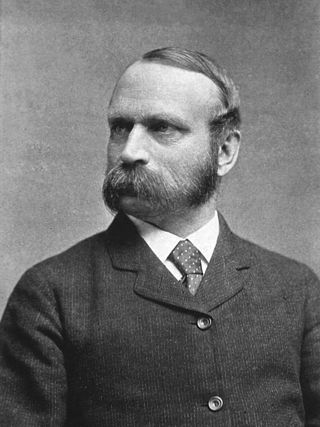
Charles Frederick Chandler was an American chemist, best known for his regulatory work in public health, sanitation, and consumer safety in New York City, as well as his work in chemical education—first at Union College and then, for the majority of his career, at Columbia University, where he taught in the Chemical Department, the College of Physicians and Surgeons, and served as the first Dean of Columbia University's School of Mines.

William Francis Hillebrand was an American chemist.
James Englebert Teschemacher was a scientist. He began a commercial career in 1804 by entering a foreign mercantile house in London, where he showed business talents of a high order. In 1830 he accepted a lucrative offer to go to Cuba, but it proved unsatisfactory when he reached Havana, and he returned to England. He then determined to come to the United States, and reached New York City in February, 1832, after which he settled in Boston, where he engaged in commercial pursuits until his death. Teschemacher devoted his leisure to science, and published about thirty papers on various subjects in chemistry, mineralogy, geology, and botany. These appeared chiefly in the transactions of scientific societies of which he was a member. Besides several addresses, he published Concise Application of the Principles of Structural Botany to Horticulture ; Essay on Guano (1845); and a translation of Julius Adolph Stöckhardt's Chemical Field Lectures. He was elected a Fellow of the American Academy of Arts and Sciences in 1841.
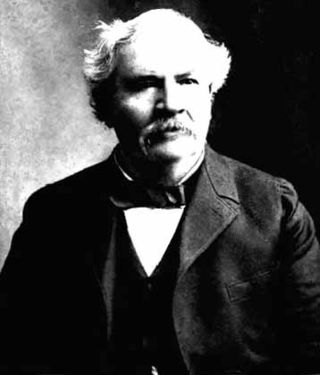
Charles Anthony Goessmann, known in his native German as Karl Anton Gößmann, was a Massachusetts agricultural and food chemist.

James Cutbush was an American chemist.
Samuel Dana was an American clergyman, judge and politician.

Samuel Luther Dana was an American chemist.
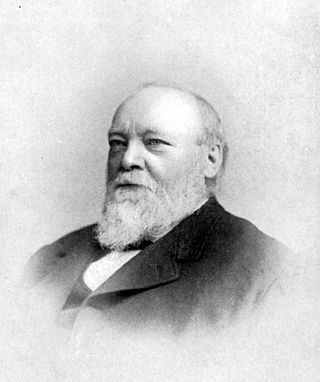
Frederick Augustus Ludwig Karl Wilhelm Genth was a German-American chemist, specializing in analytical chemistry and mineralogy.
Charles Avery Doremus was a United States chemist.

Charles Upham Shepard was an American mineralogist.

Henry Bradford Nason was a United States chemist.

Charles Arad Joy was a United States chemist.
John Gorham was an American physician and educator.
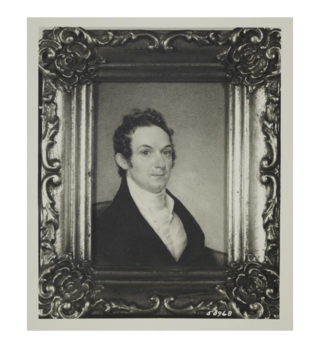
Daniel Oliver was an American physician.















